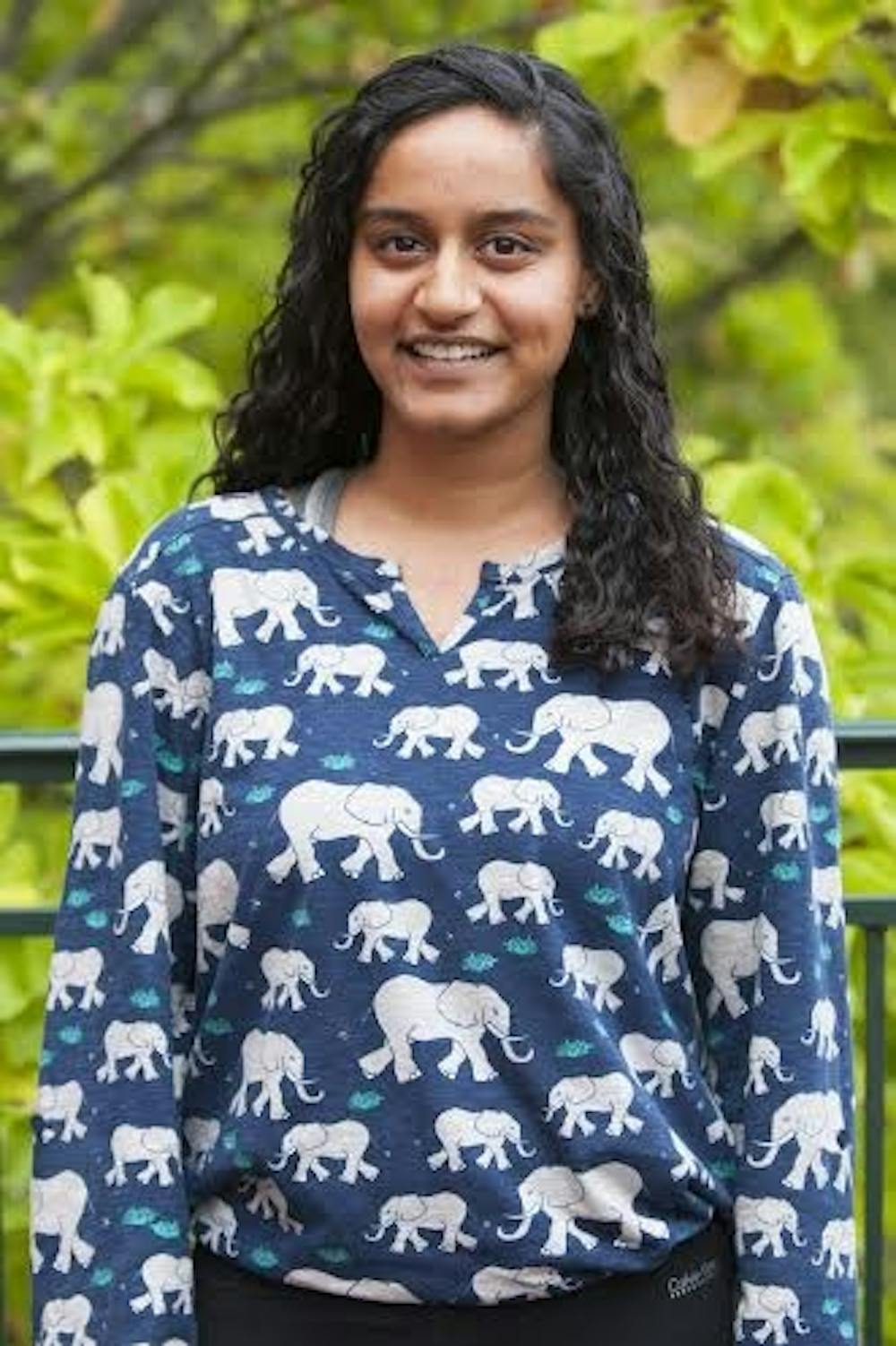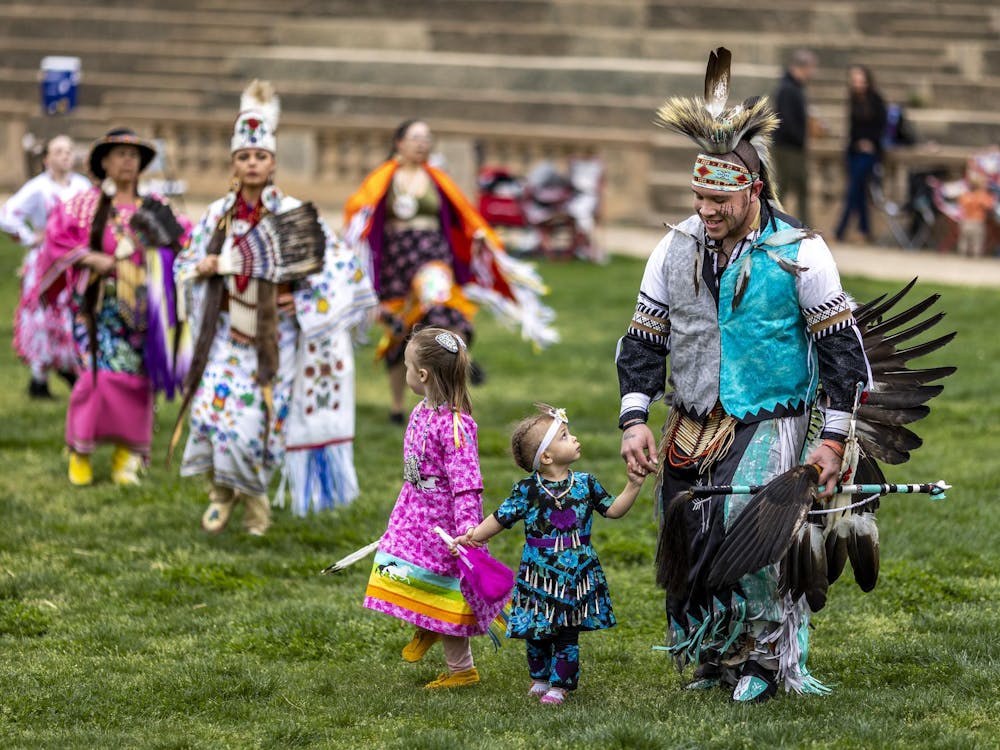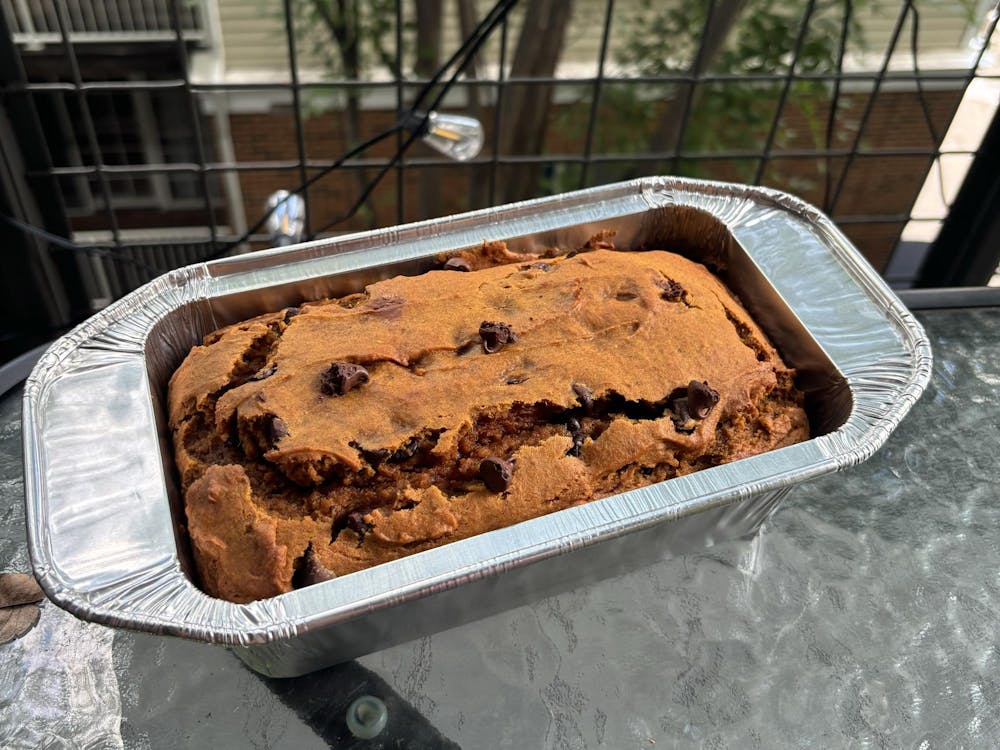I came to college with the firm belief that friendships are only worth growing if they have the potential to become exceptionally tight-knit. As judgmental and naïve as it sounds, I would shy away from people who rubbed me the wrong way during our first interactions. Personalities ranging from overwhelmingly exuberant to uncomfortably politene alienated me. Essentially, if I didn’t instantly click with someone, I would rule out the possibility of us ever establishing a worthwhile connection.
In my mind, clashing personalities equated to insurmountable awkwardness and the inability to make enjoyable conversation. Healthy friendship required frequent laughter and unabashed vulnerability. If I couldn’t be 100 percent myself around someone and didn’t think I could trust him or her with my entire life, what was the point in talking at all?
High school clique culture likely fostered this mentality in me. Back then, I could never have dreamed of introducing myself to someone outside of my social circle without setting myself up for public humiliation — new friends could only be inherited through mutual friends. Even worse, as a result of the gossip running rampant through the hallways and on social media, it seemed like everyone knew everything about everyone, but nobody really liked each other. Thus, when I came across people who actually understood me, I clung to them for dear life.
When I got to college, I was relieved by a newfound sense of social independence. I finally had the freedom to do and talk to whomever I wanted. But, unknowingly, I was still limiting myself to the restraints I developed years ago.
In college, you get the chance meet new people all the time. Most of these introductions are hasty and awkward ordeals — as a result, you don’t necessarily get to offer a piece of your soul to everyone you interact with. As an introvert who was used to being surrounded only by close friends at all times, accepting this was difficult.
I was convinced people could never like me if they only knew me on the surface. I couldn’t comprehend the point of exchanging pleasantries or offering an anecdote about my day to someone who probably didn’t care about my life in the slightest. As a result, I was far too quick to shut down people whose personas were hard for me to relate to.
It is clear to me now that my cynicism was unnecessary. Students here are incredibly accepting — they want to make meaningful friendships as much as you do. In my experience, it’s the norm to be kind and friendly to everyone you know, even if you will never be best friends.
A friendship can still have significant value even if it doesn’t feel particularly close. For example, although my fellow interns and I can’t spend all day socializing on the job, it’s comforting to have people around who are just as new and confused as I am. They have saved me so much trouble by helping me out with things like parking logistics and task clarification. Rather than complaining about how we will probably never morph into one big happy family, I am grateful we can always lean on each other in the midst of the stress that comes with working in an office.
You don’t always get to choose who you’re surrounded by, but I have learned that by exercising an open mind, it’s far easier and way more worthwhile to let people in than keep them out.
Vega’s column runs biweekly Tuesdays. She can be reached at v.bharadwaj@cavalierdaily.com.





